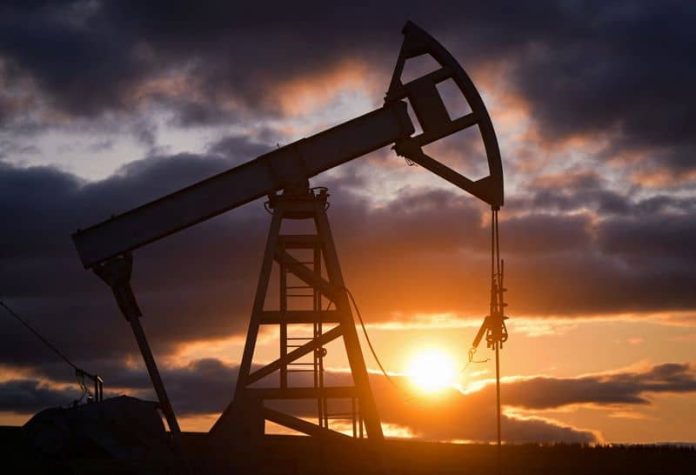LONDON (Reuters) – Oil prices rose on Tuesday on apparent bargain hunting, recovering some ground from the previous day’s plunge.
But gains were limited as investors remained cautious ahead of key policy decisions by central banks and on weak economic data from China.
Brent crude futures climbed $1.47, or 2.1%, to $73.31 a barrel by 1034 GMT. U.S. West Texas Intermediate (WTI) crude was at $68.32 a barrel, up $1.20, or 1.8%.
Equities, which often trade in tandem with oil, also rose.
Brent’s six-month backwardation, a market structure whereby shorter-dated futures trade above longer-dated ones, has fallen to its lowest since March at around $1.30, indicating faltering market confidence in demand outstripping supply over the year.
“For market participants to start building up long positions again, they likely need to see larger inventory declines,” said UBS strategist Giovanni Staunovo, adding he expected this to happen within weeks.
Both benchmarks fell around $3 a barrel on Monday after analysts highlighted rising global supplies and concerns about demand growth just ahead of U.S. inflation data due at 1230 GMT and a U.S. Fed monetary policy meeting concluding on Wednesday.
Most market participants expect the Fed to leave interest rates unchanged. The Fed’s rate hikes have strengthened the greenback, making dollar-denominated commodities more expensive for holders of other currencies weighing on oil prices, so a rate hike pause could be bullish.
Elsewhere, the European Central Bank is expected to hike interest rates by another quarter percentage point on Thursday while the Bank of Japan is expected to maintain its ultra-loose policy on Friday.
In China, disappointing economic data last week raised concerns about demand growth in the world’s largest crude importer. Its central bank lowered a short-term lending rate on Tuesday to restore market confidence.
Demand jitters offset a temporary boost in oil prices from Saudi Arabia’s pledge to cut more production in July.
Oil demand outlooks from Organization of Petroleum Exporting Countries (OPEC) due at 1120 GMT and the International Energy Agency (IEA) due on Wednesday will provide further trading cues.



















